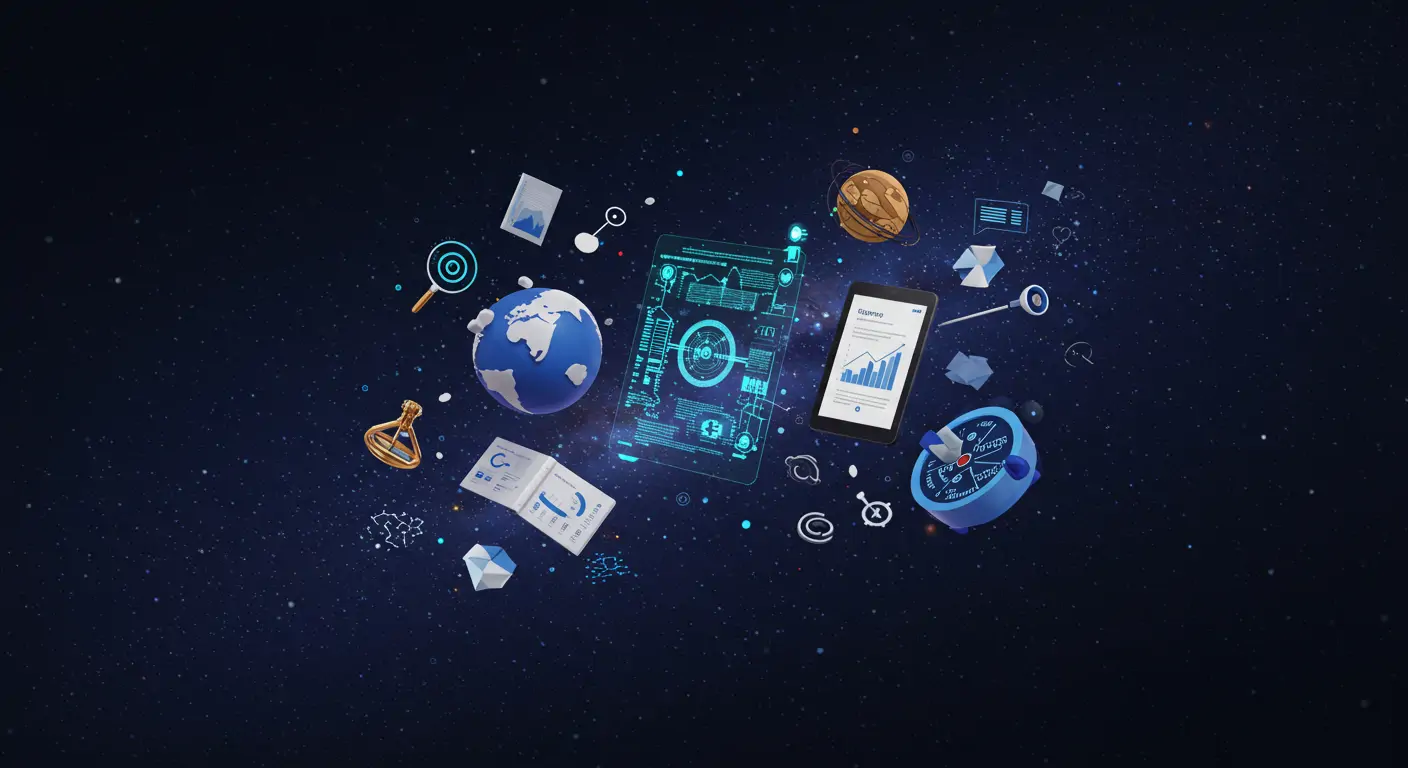Introduction: Why This Matters Now
In June 2025, the European Commission passed the AI Act, marking a pivotal moment in the governance of artificial intelligence. This development underscores the growing importance of AI ethics frameworks in shaping technology's future. As AI systems become integral to various industries, understanding the ethical guidelines that govern them is crucial for ensuring responsible innovation. This trend affects technologists, businesses, policymakers, and society at large.
Read Time: 12 minutes
Industry Shift: The New Reality of AI Governance
AI ethics frameworks have evolved rapidly from voluntary guidelines to mandatory regulations. In 2024, the International Standards Organization (ISO) introduced ISO/IEC JTC 1/SC 42, which sets global standards for AI ethics. Major tech companies like Google, Microsoft, and IBM have adopted these frameworks to align with the evolving regulatory landscape.
Currently, the AI governance market is valued at approximately $1.2 billion (IDC, 2025), with a projected growth rate of 35% annually. Traditional approaches, reliant on self-regulation, have failed to address concerns like bias, privacy, and transparency effectively, prompting the shift towards formalized ethical standards.
Key Drivers: What's Fueling This Trend
Driver 1: Regulatory Pressure
With the EU's AI Act and similar legislation in the U.S. and Asia, companies face increasing pressure to comply with stringent ethical standards. According to Gartner, 70% of organizations will have integrated ethical frameworks into their AI development processes by 2026.
Driver 2: Consumer Demand
A 2025 survey by PwC found that 83% of consumers prioritize ethical considerations in AI applications. This demand is pushing companies to adopt transparent and accountable AI systems to maintain customer trust.
Real-World Impact & Case Studies
Case Study 1: IBM's AI Governance Framework
In 2024, IBM implemented an AI ethics board, leading to the development of their Trustworthy AI Framework. This initiative resulted in a 40% reduction in algorithmic bias and increased customer satisfaction by 20%, setting a benchmark for industry standards.
Case Study 2: Google's AI Principles
Google's commitment to AI ethics is exemplified through their AI Principles, established in 2024, which prioritize fairness and accountability. These principles have guided the development of Google's AI tools, ensuring compliance with emerging regulations and enhancing public trust.
Challenges & Criticisms
Despite the advancements, AI ethics frameworks face criticism for stifling innovation. Critics argue that overly stringent regulations could slow down technological progress. Furthermore, there are concerns about the enforceability of these frameworks, as evidenced by the complexity of monitoring compliance across different jurisdictions.
Future Outlook: What's Next
In the short term, expect increased collaboration between governments and tech companies to refine AI ethics standards. Over the next two to three years, the focus will likely shift to harmonizing global standards to facilitate international cooperation. Key milestones include the potential establishment of an international AI ethics council by 2026.
Frequently Asked Questions
- What is an AI ethics framework?
- How do AI ethics frameworks impact businesses?
- What are the biggest challenges in implementing AI ethics?
- How can companies ensure compliance with AI ethics frameworks?
- What role do consumers play in AI governance?
Conclusion: Key Takeaways
- The adoption of AI ethics frameworks is becoming a vital component of tech governance.
- Regulatory bodies and consumer demand are key drivers of this trend.
- Implementing robust ethics frameworks can lead to significant competitive advantages.
- Organizations must balance compliance with innovation to remain at the forefront of AI development.
To learn more about AI governance and ethics, consider exploring resources from the ISO or industry-specific best practices.




